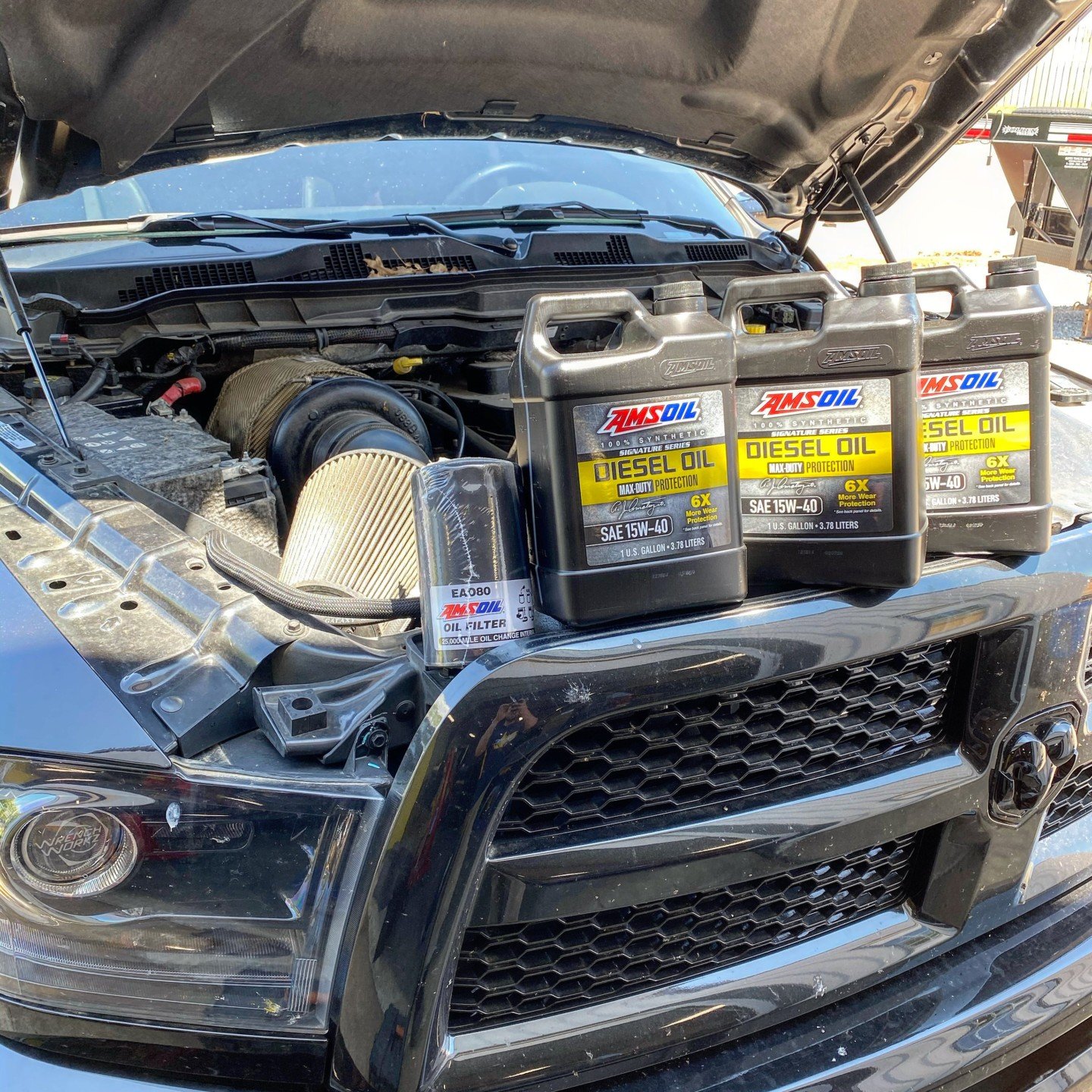As a seasoned driver in the frozen North, I’ve braved countless icy winters, where the relentless cold threatened to cripple my diesel pickup truck. However, over the years, I’ve mastered the art of keeping my engine purring happily, even in the most extreme temperatures.

Image: itstillruns.com
Diesel engines, known for their robustness and longevity, are more susceptible to winter woes than their gasoline counterparts. Without proper precautions, the cold can freeze fuel lines, damage vital components, and make starting the engine a near-impossible task.
The Science Behind Winterized Diesel Engines
Understanding how diesel engines operate in cold conditions is crucial. Diesel fuel, unlike gasoline, doesn’t vaporize easily. When temperatures drop, the fuel remains thick and sluggish, making it harder for the engine to ignite.
The key to winterizing a diesel engine lies in preheating both the engine and the fuel. This ensures optimal combustion and prevents fuel filter plugging, which can starve the engine of fuel.
Comprehensive Guide to Winterizing Your Diesel Engine
To prepare your diesel engine for winter, it’s essential to follow a comprehensive strategy that includes:
1. Preheating the Engine:
- Install an engine block heater: This device plugs into an external power source to warm the engine before starting.
- Consider a coolant heater: This unit circulates coolant through the engine, keeping it warm even when the engine is off.
2. Treating the Fuel:
- Use winter-grade diesel fuel: These fuels contain additives to prevent gelling and wax formation.
- Add diesel fuel anti-gel: This additive prevents fuel from thickening in extreme cold.
3. Insulation and Covers:
- Cover the engine with an insulated blanket: This helps retain heat and prevents heat loss.
- Use a radiator grille cover: This blocks cold air from reaching the radiator, reducing heat loss.
Additional Tips and Expert Advice
Beyond these essential steps, consider these additional tips and expert advice:
- Start your engine regularly: Running the engine for short intervals can prevent condensation buildup and help distribute additives throughout the fuel system.
- Use a battery maintainer: Cold temperatures can drain your battery. A maintainer keeps it charged and ready to start.
- Park your truck in a sheltered area: Avoiding exposure to harsh weather can minimize heat loss and make starting easier.

Image: www.dieselarmy.com
Frequently Asked Questions on Diesel Winterization
Q: Can I use biodiesel in winter?
A: Yes, but regular biodiesel might require additives to prevent gelling. Consult with your supplier for recommendations.
Q: How cold can a diesel engine start?
A: It depends on various factors, including engine type, additives, and maintenance. Generally, modern diesel engines can start at temperatures below 0°F with proper winterization.
How To Keep A Diesel Engine Warm In Winter
Conclusion
Winterizing your diesel engine is not an insurmountable task but requires diligence and attention to detail. By following the comprehensive guide and implementing the tips and expert advice, you can ensure that your truck’s engine remains warm and reliable even in the harshest winter conditions.
Are you ready to keep your diesel engine running smoothly in winter? Let us know in the comments below!